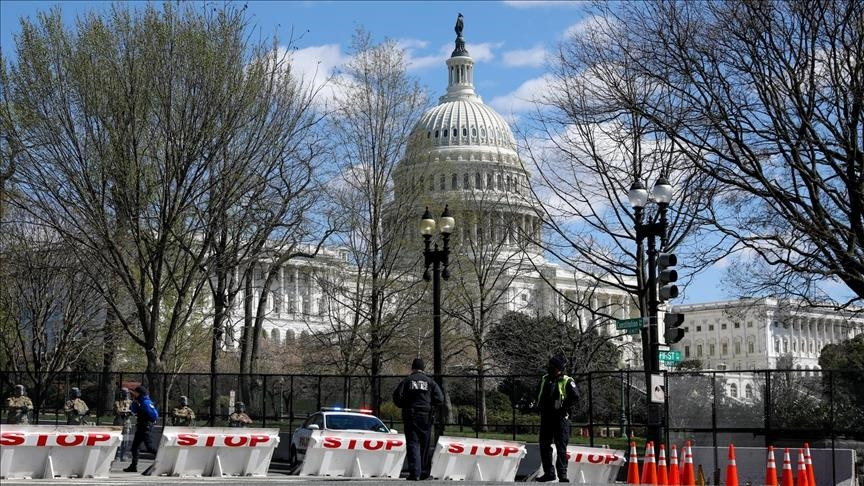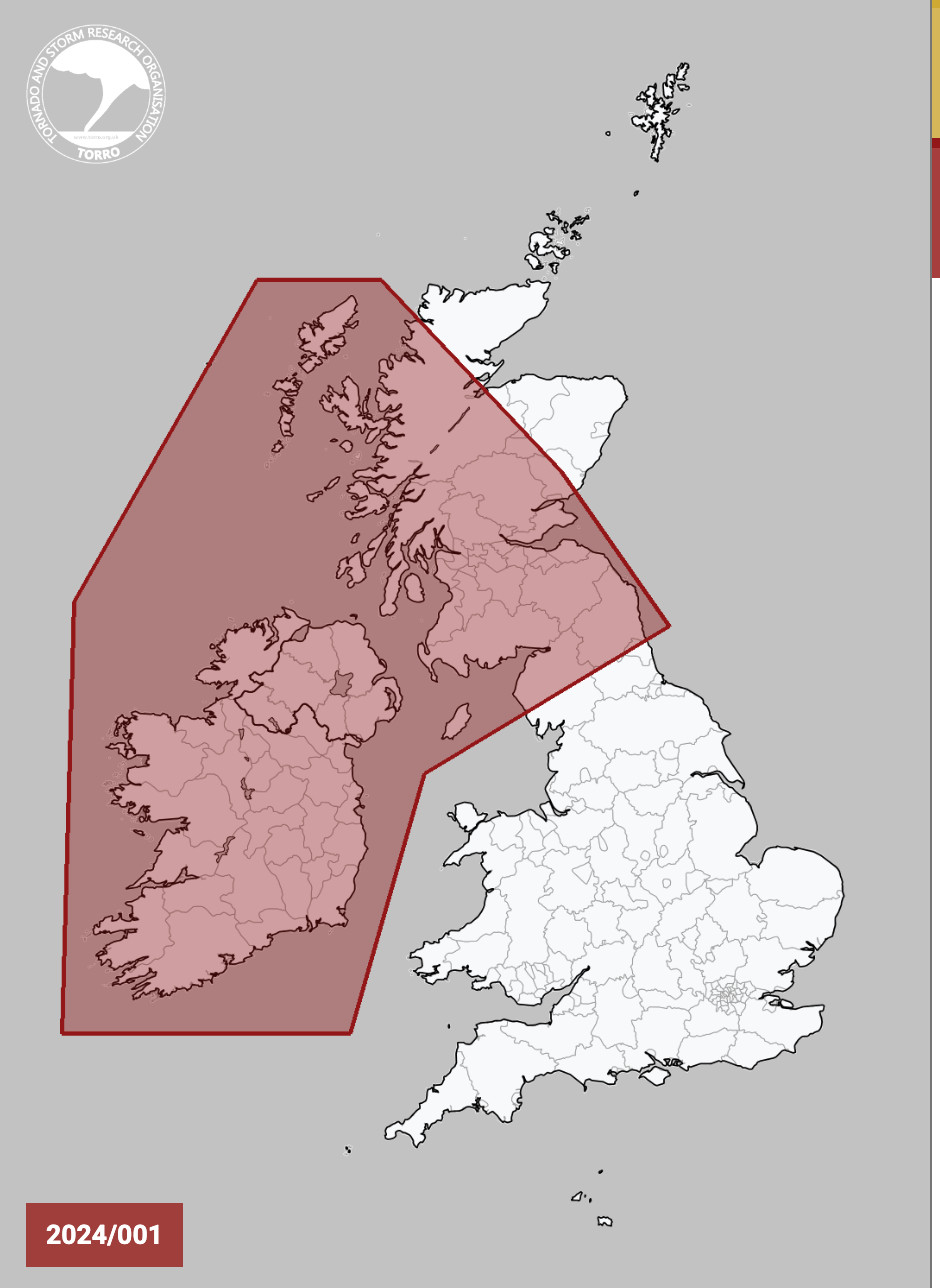US Budget Deficit Reaches Alarming Heights
The United States is grappling with a rapidly expanding budget deficit, painting a concerning picture of the nation's fiscal health. November's deficit, a staggering $367 billion, surpasses previous forecasts and marks a significant increase compared to the same period last year. This alarming surge is not an isolated incident; the cumulative deficit for the first two months of fiscal year 2025 already exceeds projections, raising serious questions about the country's long-term financial stability. The national debt has soared to $36.1 trillion as a consequence. This escalating deficit has significant implications for the nation's economic outlook, potentially affecting currency values and investor confidence.
November's Deficit: A Deep Dive into the Numbers
The November deficit of $367 billion represents a 17% increase compared to November 2023. This alarming figure is even more concerning when placed in the context of the fiscal year's first two months. The cumulative deficit for this period is over 64% higher than that of the same period last year. The increase in spending is significant, exceeding $80 billion from a year ago and raising questions about the government's ability to manage expenditures effectively. Despite increased receipts of approximately $27 billion more than last November, the substantial rise in outlays ultimately led to this massive deficit.
Outlays and Receipts: The Disparity
While government receipts totaled a sizable $301.8 billion in November, a notable increase from the previous year, this was far outweighed by a dramatic surge in outlays, which reached $668.5 billion, nearly $80 billion more than last November. This disparity between revenue and spending highlights a critical imbalance in the nation's budget.
The Impact of Interest Expenses
The growing national debt has led to escalating interest expenses, further exacerbating the deficit. Interest expenses for November alone totaled $79 billion, reaching $160 billion for the fiscal year. This alarming figure underlines the considerable financial burden associated with financing the national debt. The Treasury Department expects to pay a total of $1.2 trillion in interest on debt this year, a sum that outpaces many other categories of government spending.
A Broader Perspective: Global Economic Slowdowns
The United States isn't alone in facing economic headwinds. The United Kingdom's economy experienced an unexpected contraction in October, marking the second month of decline. This unexpected downturn is causing concern among businesses and consumers, fueling uncertainty and impacting the British pound. Other countries are facing similar challenges and fiscal shortfalls, highlighting the interconnectedness of global economies and the need for comprehensive solutions.
The Minnesota State Budget also forecasts significant budget deficiencies starting in fiscal year 2026-2027, with projected structural imbalances exceeding $2 billion. This underscores the broad scope of the fiscal pressures being experienced by many jurisdictions, reflecting both national and international economic trends.
The Road Ahead: Fiscal Responsibility and Solutions
Addressing this growing deficit will require a multifaceted approach involving both policymakers and citizens. The potential solutions range from fiscal restraint to new revenue generation, but all paths involve difficult choices. The political climate and future economic projections will all play a part in influencing the coming fiscal policy battles.
Finding the balance between maintaining essential government services and controlling spending is a significant challenge facing lawmakers and policymakers. These debates will not only define the nation’s future but will also have significant implications for global markets and the global economic environment.
Navigating the Fiscal Maze: A Call for Collaboration
The current fiscal challenges call for a concerted effort from all stakeholders. This situation demands a collaborative approach between government agencies, financial experts and the public. Open discussions about fiscal priorities, strategic budget planning and long-term economic solutions are critical. This issue will require a long-term commitment to fiscal responsibility and innovative approaches to tackle the complexities of the nation's budget. The future of the nation's financial health rests on addressing this deficit effectively.

















